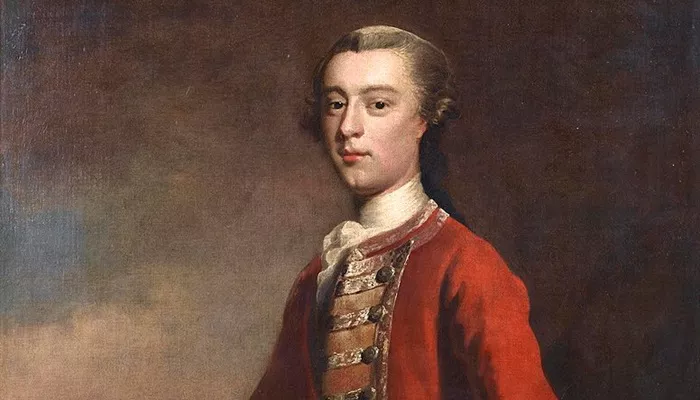January 12 has witnessed several notable events in Canadian history that reflect the country’s evolving narrative, from its early colonial days to modern milestones. This article explores these events in detail, shedding light on their significance and impact on Canadian society.
What Happened on January 12 in Canadian History?
1. The Death of Marguerite Bourgeoys (1700)
On January 12, 1700, Marguerite Bourgeoys, recognized as Canada’s first female saint, passed away in Montreal. Born in France in 1620, Bourgeoys arrived in New France in 1653. She dedicated her life to education and the welfare of the Indigenous and French settlers. In 1658, she founded the Congregation of Notre Dame, which played a crucial role in establishing schools for girls in New France. Her canonization by Pope John Paul II in 1982 marked a significant recognition of her contributions to education and women’s roles in early Canadian society.
2. Promotion of James Wolfe (1759)
On this date in 1759, James Wolfe was promoted to major-general and appointed commander-in-chief of British land forces for the planned invasion of New France. Wolfe is best known for his pivotal role in the Battle of the Plains of Abraham later that year, where he led British forces to victory over the French. This battle was a turning point in the Seven Years’ War (also known as the French and Indian War), leading to British dominance in Canada. Wolfe’s strategies and leadership during this campaign are still studied in military academies today.
3. Founding of St. Boniface College (1819)
January 12, 1819, marks the founding of St. Boniface College at Red River, now part of Manitoba. Established by the Catholic Church, it aimed to provide education to both French and English-speaking students. The college became a significant educational institution for the Métis community and played a vital role in preserving French culture and language in Western Canada. Over time, it evolved into the University of St. Boniface, contributing to higher education in Manitoba.
4. Publication of The Islander (1842)
The first issue of The Islander, a newspaper edited by John Inge, was published on January 12, 1842, in Prince Edward Island. This publication became an essential voice for local issues and played a significant role in shaping public opinion during its time. The newspaper provided coverage of political events, social issues, and cultural developments on the island, contributing to a growing sense of community among its readers.
5. Japan Bombs Saskatchewan (1945)
During World War II, on January 12, 1945, Japan launched air raids against Canadian territory when they bombed Saskatchewan. This event occurred amidst heightened tensions as Canada was heavily involved in the war effort against Axis powers. Although the attack did not cause significant damage or casualties compared to other wartime events, it underscored Canada’s vulnerability during global conflicts and highlighted the need for national defense strategies.
6. Appointment of Canada’s First Female Chief Justice (2021)
On January 12, 2021, Canada appointed its first female Chief Justice of the Supreme Court, a historic milestone for gender representation in Canadian judiciary history. This appointment was celebrated as a significant step towards gender equality within one of Canada’s highest legal institutions. The new Chief Justice brought with her extensive experience and a commitment to advancing justice reform and inclusivity within the legal system.
Conclusion
The events that occurred on January 12 throughout Canadian history reflect a rich tapestry of cultural evolution, societal change, and significant milestones that have shaped the nation. From educational advancements to pivotal military promotions and groundbreaking appointments within the judiciary, each event contributes uniquely to understanding Canada’s historical narrative.This exploration illustrates how specific dates can encapsulate broader themes within history—such as gender equality, cultural preservation, military strategy, and media influence—highlighting their enduring relevance today.
As we reflect on these historical moments every January 12, we gain insight into how past events continue to inform contemporary Canadian identity and values. This article serves as an overview of key historical events that occurred on January 12 throughout Canadian history while providing context for their significance within broader historical themes. Each event is not only a marker on a timeline but also part of an ongoing story that defines Canada today.
Related Topics:

